
By Sandra Agyeiwaa OTOO
The European Union (EU) has reaffirmed its strong economic partnership with Ghana, announcing over €1billion in infrastructure and development investments under the ‘Team Europe’ initiative for the period 2021 to 2027.
Speaking at this year’s Europe Day celebration in Accra, EU Ambassador to Ghana, Irchad Ramiandrasoa Razaaly disclosed that the EU – alongside member states such as Germany – has significantly scaled up its financial commitments to Ghana across strategic sectors including energy, health, trade, security and education.
“Between 2021 and 2027, Team Europe invested no less than €1billion – approximately GH?16 to GH?17billion – into infrastructure and development projects in Ghana,” Ambassador Razaaly stated.
“Recently, we have also allocated €55million of grants – in collaboration with our German partners – to help position Ghana as a continental hub for vaccine production,” he added.
He further revealed that an additional €62million is being channelled toward the long-anticipated retrofitting of Kpong Dam, a key infrastructure project expected to boost energy resilience.
“These major undertakings underscore the importance of investment in realising transformational projects. I encourage all stakeholders to participate in the upcoming EU-Ghana Business Forum on 20th and 21st May as we celebrate the vitality of our trade relations,” the Ambassador said.
The Europe Day event is held annually on 9 May, commemorates the 1950 Schuman Declaration and celebrates European unity. This year’s occasion served as a platform to strengthen diplomatic and commercial ties between Ghana and the EU, as well as to highlight the EU’s role as a reliable partner in Ghana’s socio-economic development.
Strategic investment focus
Ambassador Razaaly highlighted three pillars of the EU’s development approach in Ghana: infrastructure through the Global Gateway Initiative, security cooperation and education.
Through the Global Gateway – Europe’s strategic investment initiative – the EU and its member states are supporting the construction of smart, sustainable cities in Ghana with expanded access to energy, clean water and sanitation.
On the security front, the EU has provided €50million in military equipment and training, backed over 30 security-focused projects and maintained joint maritime operations with the Ghana Navy in the Gulf of Guinea.
With education, the EU is investing in skills development and expanding student exchange programmes to empower Ghanaian youth.
Shared values, shared goals
Addressing the evolving global economic and geopolitical landscape, Ambassador Razaaly stressed the importance of cooperation based on shared values.
“In today’s turbulent global environment, it is even more important to collaborate with like-minded partners. Together with Ghana, we aim to address challenges that no nation can solve alone. This is the essence of our shared commitment to multilateralism,” he said.
He also commended Ghana’s principled international stance, citing its support for Ukraine’s territorial integrity and concern for crises in the Middle East and Africa.
Government commends EU support
Representing government, Minister for Youth and Employment George Opare Addo expressed appreciation for the EU’s longstanding partnership, describing it as a “cornerstone of national progress”.
“Our cooperation with the European Union has significantly supported Ghana’s development agenda, particularly in areas such as trade, the green economy, governance, TVET education and digital innovation,” the minister noted.
He underscored the importance of EU investments, including the €55million for Ghana’s vaccine manufacturing aspirations and €62million dedicated to the Kpong Dam retrofit, which aligns with Ghana’s renewable energy and infrastructure goals.
Traditional leadership endorses EU partnership
Also speaking at the event, Nortse Nii Nortey Owuo IV, President of the Osu Stool Council, praised the EU-Ghana relationship as one rooted in history and evolving relevance.
“The partnership between Ghana and the EU is vital and dates back to pre-colonial times. Ambassador Razaaly has brought diplomacy closer to the people and actively engaged in grassroots development, particularly in areas such as agriculture, sustainability and security,” he said.
He expressed optimism about the EU-Ghana partnership’s future, particularly its potential to foster youth empowerment and cross-continental collaboration.
“As we look forward, we envision building bridges between the youth of Ghana and Europe – towards a future free of hunger, poverty and disease,” he concluded.
The post €1bn investment strengthens EU-Ghana economic partnership appeared first on The Business & Financial Times.
Read Full Story
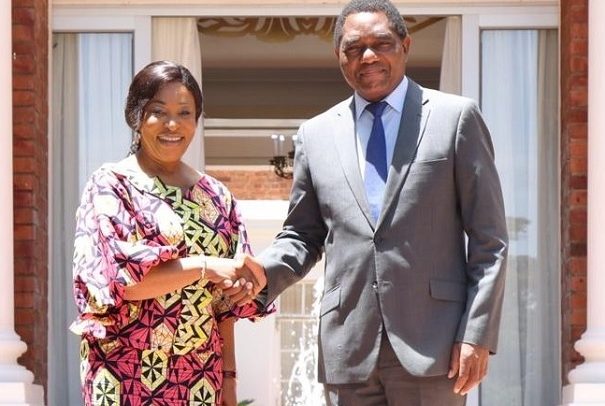
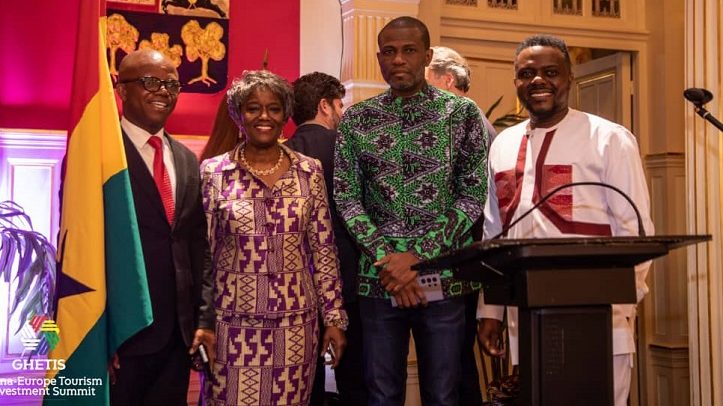
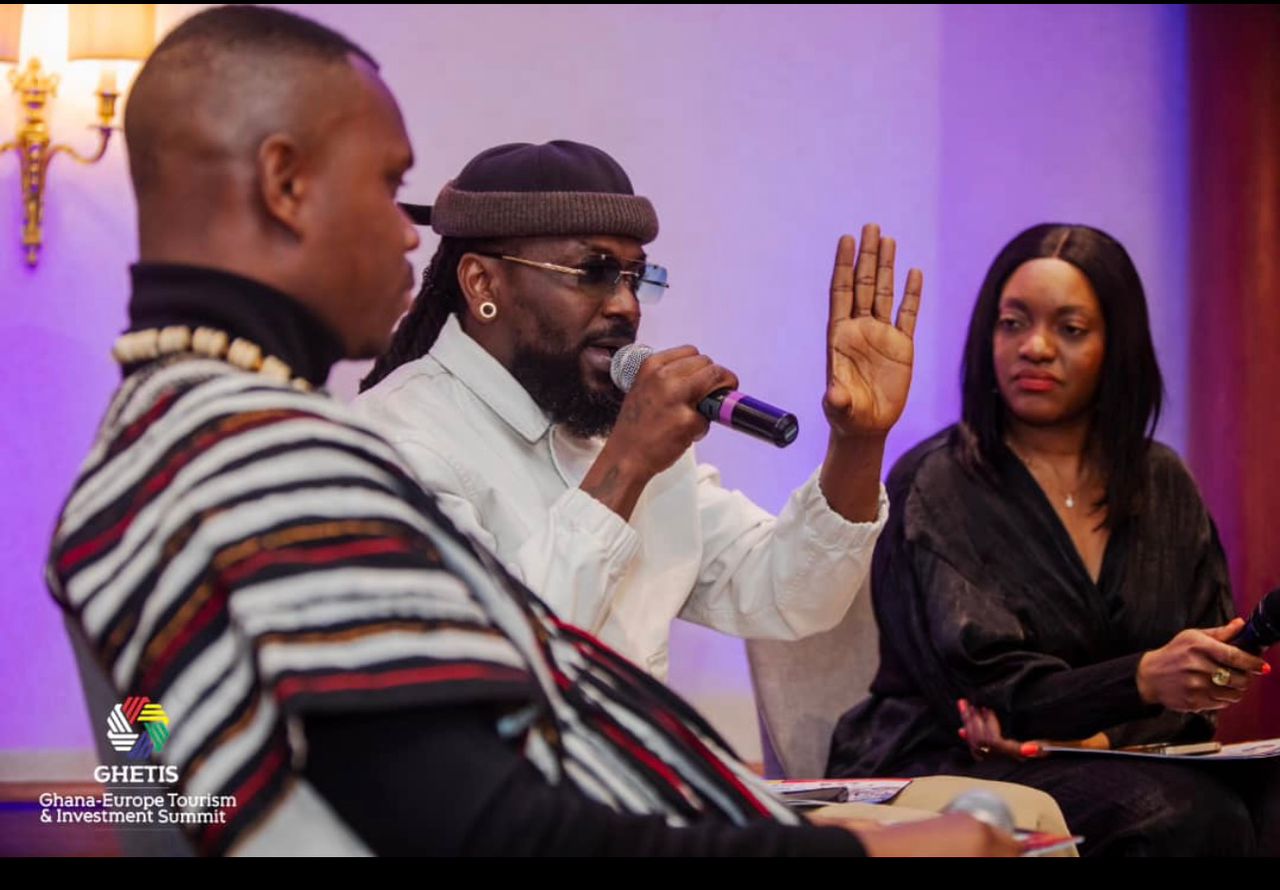
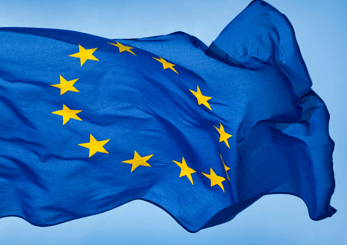
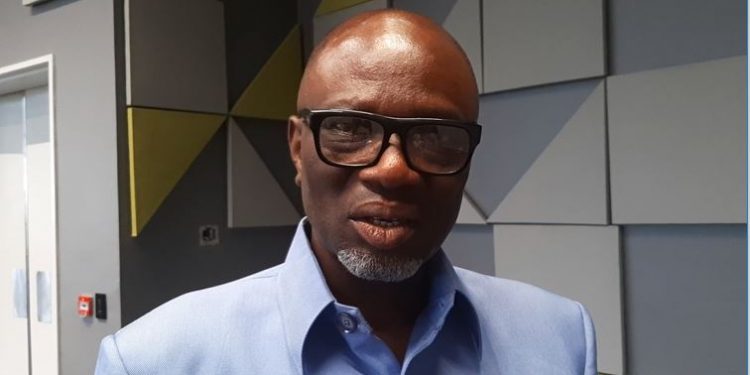
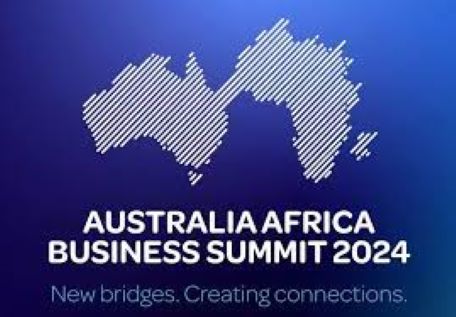
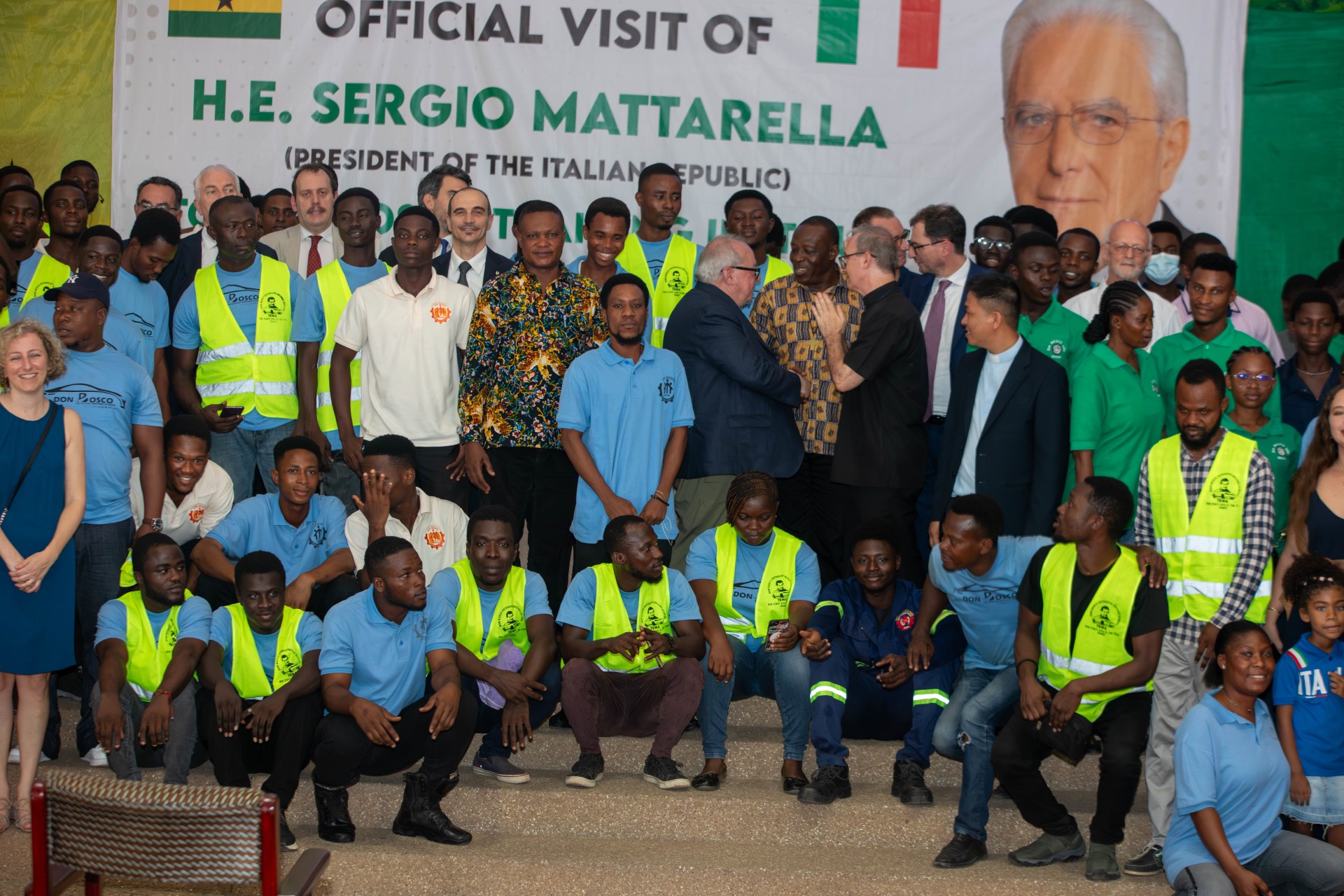

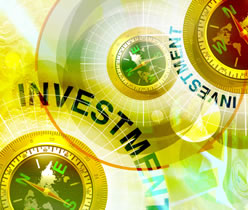

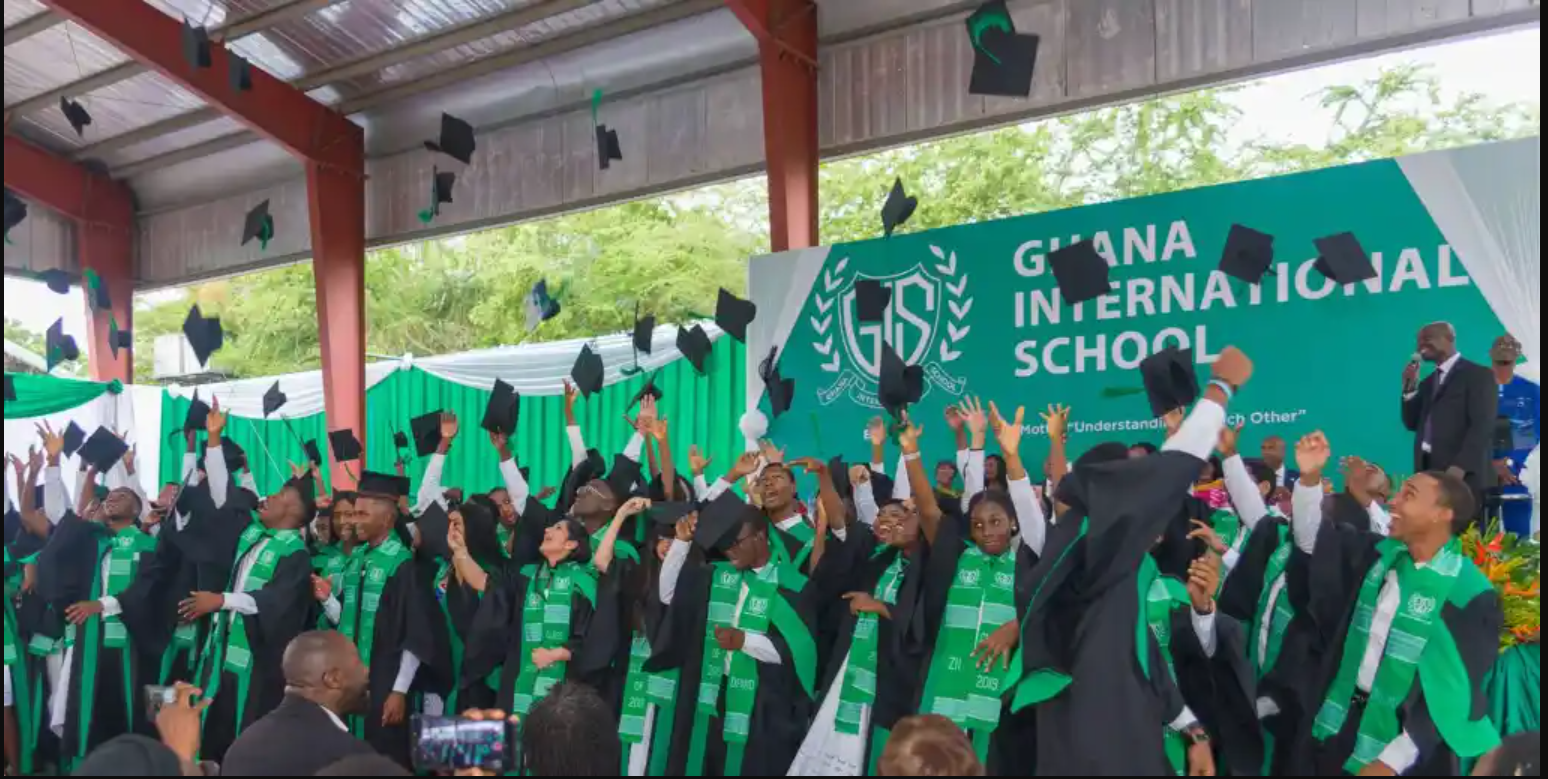
Facebook
Twitter
Pinterest
Instagram
Google+
YouTube
LinkedIn
RSS